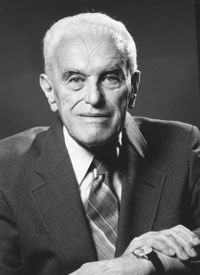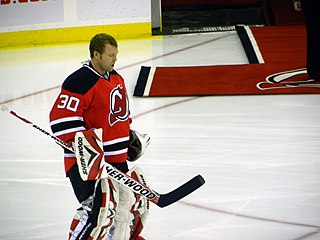A Quote by Ricky Schroder
I play a lot of chess. I probably played 200 games while we were making 'Andromeda.'
Related Quotes
I used to play a lot of chess and competitive chess and study chess and as you get to the grandmasters and learn their styles when you start copying their games like the way they express themselves through... The way Kasparov or Bobby Fischer expresses themselves through a game of chess is it's astonishing. You can show a chess master one of their games and they'll say "Yeah, that is done by that player."
I love chess, and I didn't invent Fischerandom chess to destroy chess. I invented Fischerandom chess to keep chess going. Because I consider the old chess is dying, it really is dead. A lot of people have come up with other rules of chess-type games, with 10x8 boards, new pieces, and all kinds of things. I'm really not interested in that. I want to keep the old chess flavor. I want to keep the old chess game. But just making a change so the starting positions are mixed, so it's not degenerated down to memorisation and prearrangement like it is today.
A knowledge of tactics is the foundation of positional play. This is a rule which has stood its test in chess history and one which we cannot impress forcibly enough upon the young chess player. A beginner should avoid Queen's Gambit and French Defence and play open games instead! While he may not win as many games at first, he will in the long run be amply compensated by acquiring a thorough knowledge of the game
Having spent 200 hours on the above, the young player, even if he possesses no special talent for chess, is likely to be among those two or three thousand chessplayers [who play on a par with a master]. There are, however, a quarter of a million chessplayers who annually spend no fewer than 200 hours on chess without making any progress. Without going into any further calculations, I can assert with a high degree of certainty that nowadays we achieve only a fraction of what we are capable of achieving.
Here and there in the ancient literature we encounter legends of wise and mysterious games that were conceived and played by scholars, monks, or the courtiers of cultured princes. These might take the form of chess games in which the pieces and squares had secret meanings in addition to their usual functions.
Chess, which exists predominantly in two dimensions, is one of the world's most difficult games. Three-dimensional chess is an invitation to insanity. But human relationships, even of the simplest order, are like a kind of four-dimensional chess, a game whose pieces and positions change subtly and inexorably between moves, whose players stare dumbly while their powerful positions deteriorate into hopeless predicaments and while improbable combinations suddenly become inevitable. To make matters worse, some games are open to any number of players, and all sides are expected to win.




































